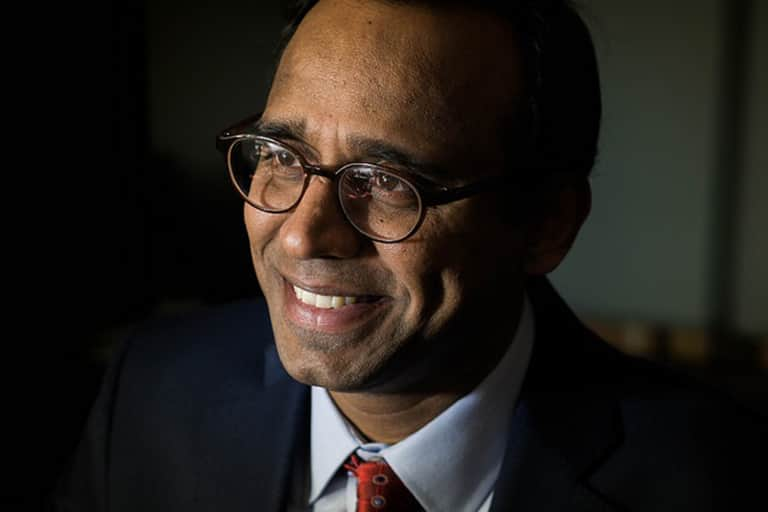Almost every survey of executives rehashes the finding that vision and communication are among the most crucial skills for C-suite executives. Yet, with a few exceptions, most colleges of communication have not embraced the opportunity to offer sophisticated and rigorous communication training to corporate executives.
Although ComArtSci at MSU is guilty, as well, for not being active in this area, a newly launched Executive Education program will address this growing need.
The exec ed program dovetails with our Strategic Communication master’s& that was launched in January 2017. Both programs demonstrate our commitment to knowledge transfer and enhancing career opportunities for working professionals.
Many colleges of business across the country offer exec ed and communication training as an integral part of their programs. So, what is unique about our exec ed program and why is it necessary?
When developing the program, the project team wrestled with the question of identity and unique selling proposition. After evaluating the expertise that our faculty have to offer, substantiated by research on exec ed offerings that are currently available, we arrived at the conclusion that our brand of training will be based on a framework titled Catalyst.
Catalysts are change agents who require C-suite skills, such as communication, creativity, collaboration, critical thinking and community building, to complement domain expertise. Our catalyst training focuses on bringing about change with an anchoring in these C-suite skills.
Corporate leadership is more than vision and communication. It is about a deep understanding of context and culture and it is against this headwind that these C-suite skills have to be put to good use to bring about change.
In keeping with the innovation mantra “Think Big, Start Small and Move Fast,” we have come up with a set of offerings for Fall 2017. These courses are just the kernel for a conversation with our alumni and stakeholders. We want to hear from you on opportunities and needs for exec ed, and we’d like to hear about your ideas and experiences.
When the exec ed team asked me how I would define success, I took some time to think about it. Success to me would be the evolution of a Catalyst framework that is homegrown at MSU, embodying Midwestern values of humility, industriousness, proficiency and excellence that can create innovation and effect change in complex organizations, which is every bit as exciting as design thinking offered by the Stanford school.
